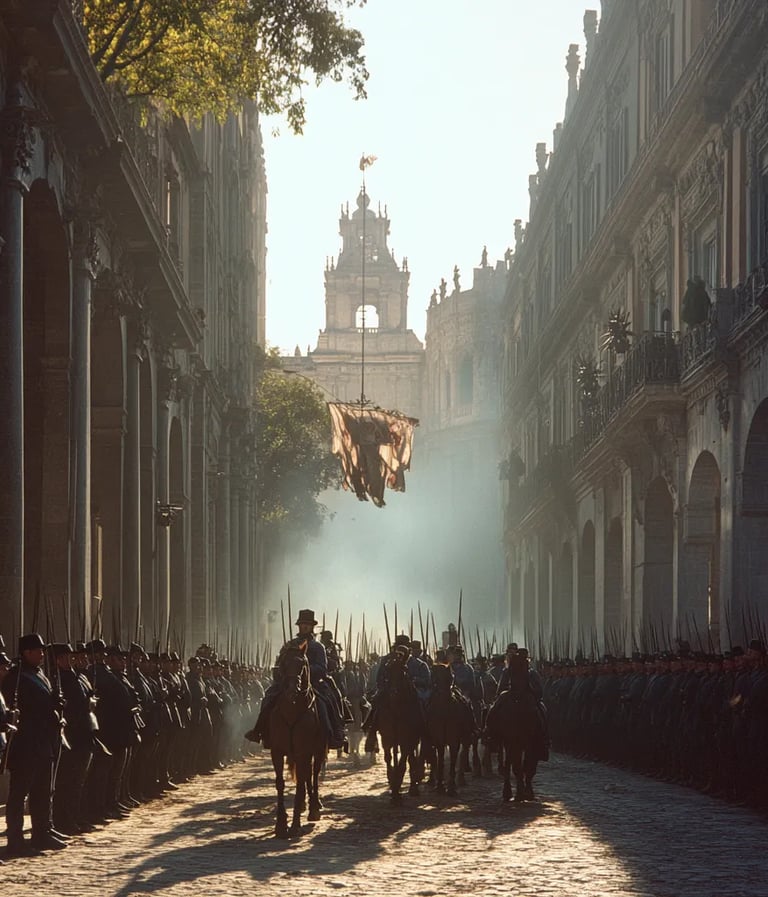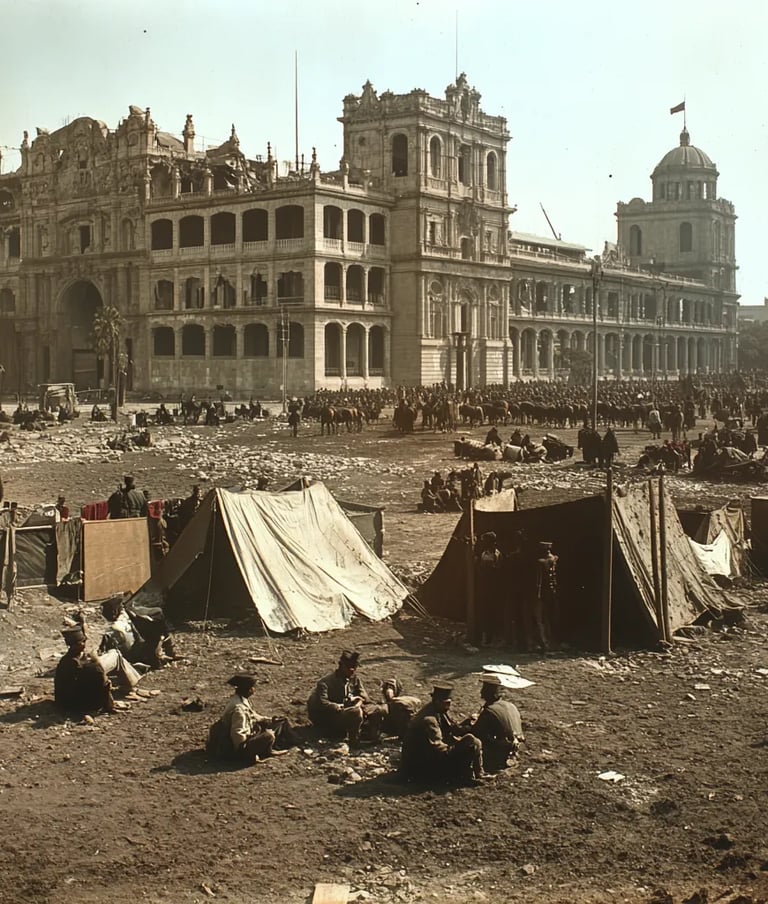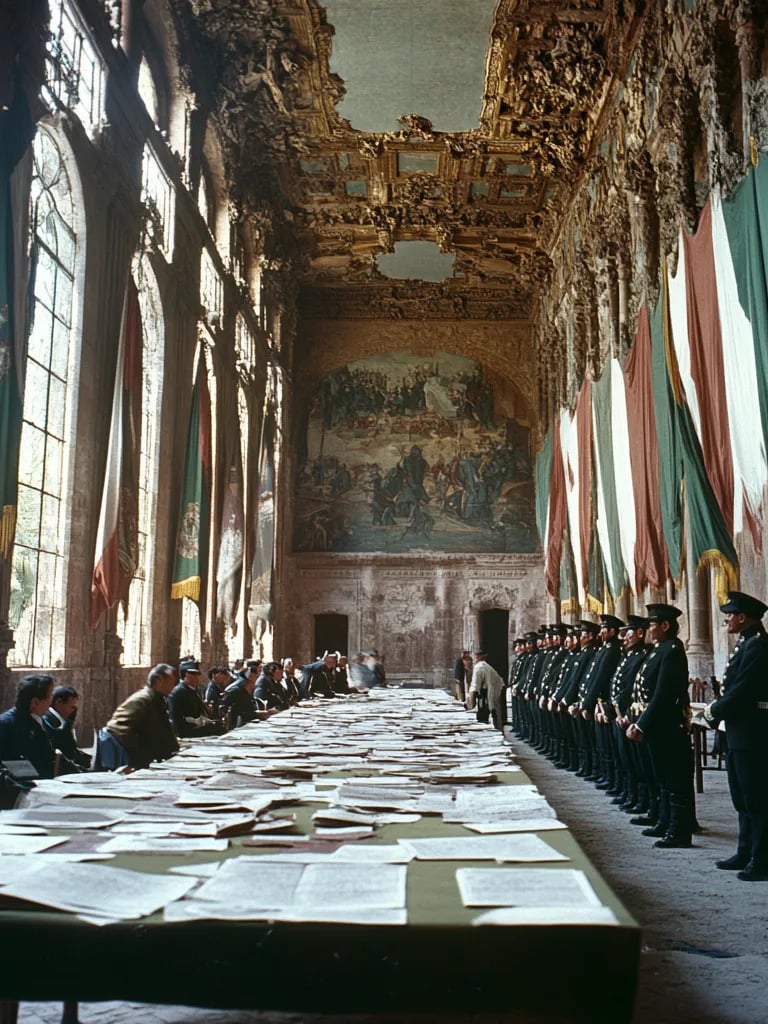On September 14, 786, Harun al-Rashid ascended to the caliphate after the death of his brother, al-Hadi. His rule marked the beginning of the Islamic Golden Age, a period characterized by cultural, scientific, and economic flourishing across the Muslim world, particularly in Baghdad, the capital of the Abbasid Caliphate.
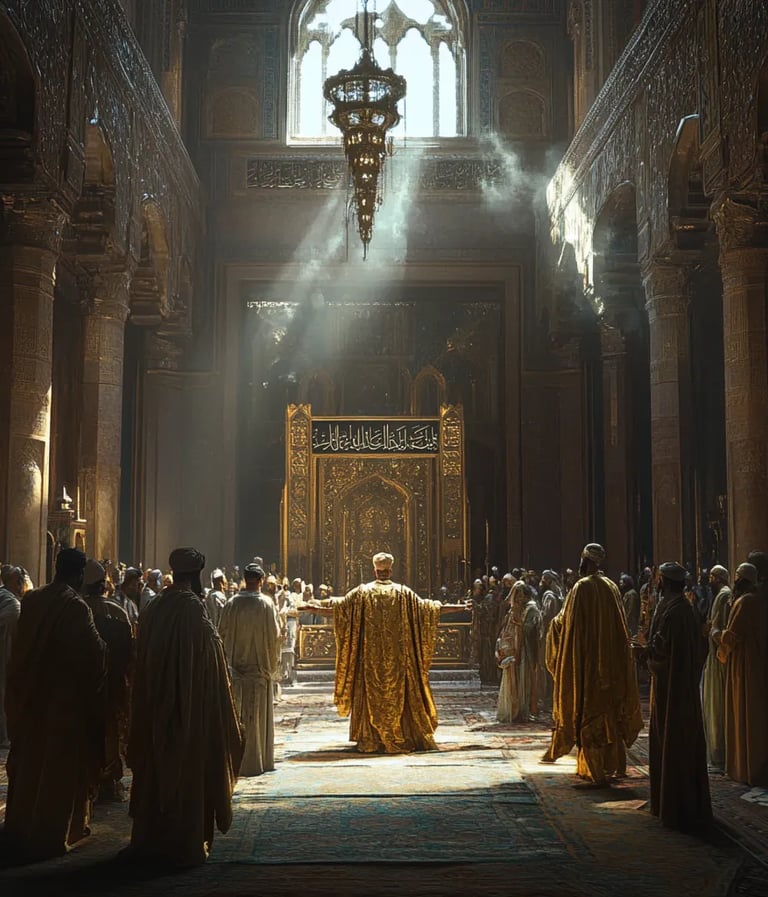

786 – Harun al-Rashid Becomes Abbasid Caliph


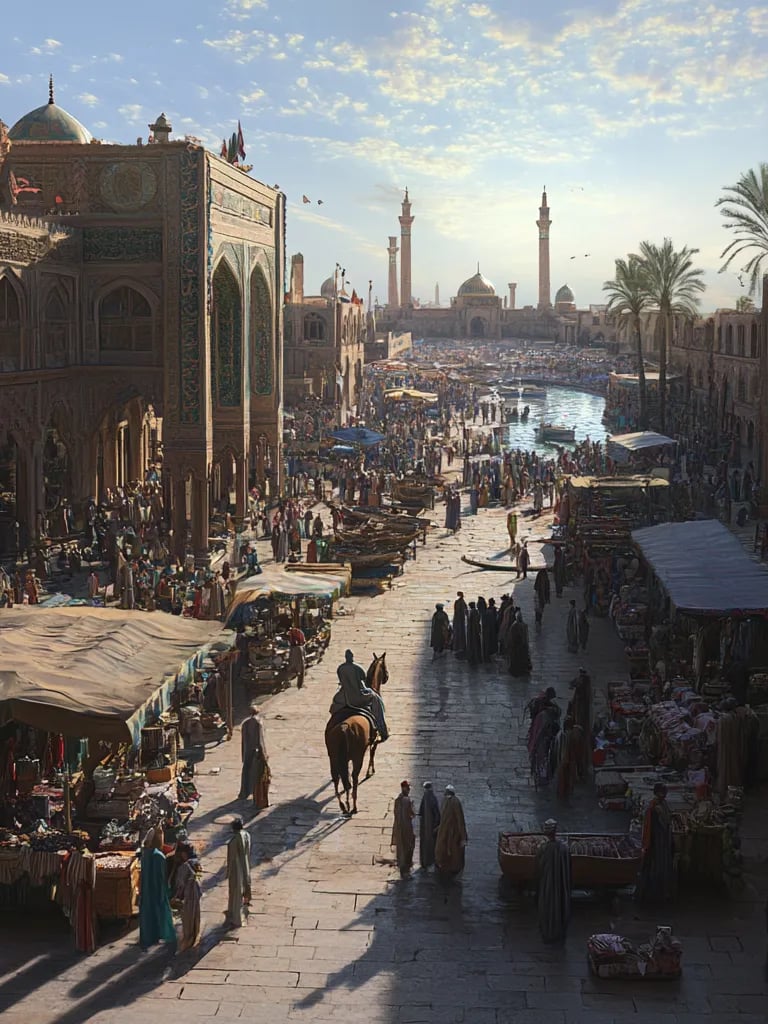

On September 14, 919, High King Niall Glúndub of Ireland was killed leading a coalition of Irish forces against Viking invaders from Uí Ímair at the Battle of Islandbridge. This defeat significantly weakened Irish resistance to Viking power, marking a critical moment in the Viking incursions into Ireland.

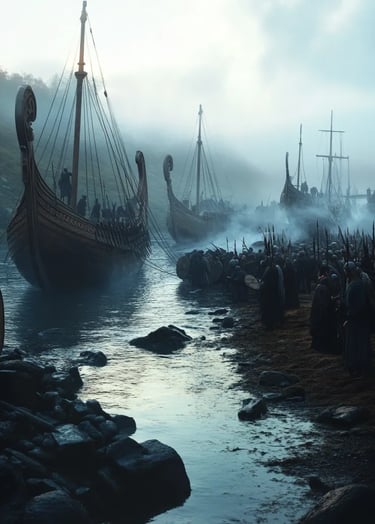
919 – Battle of Islandbridge
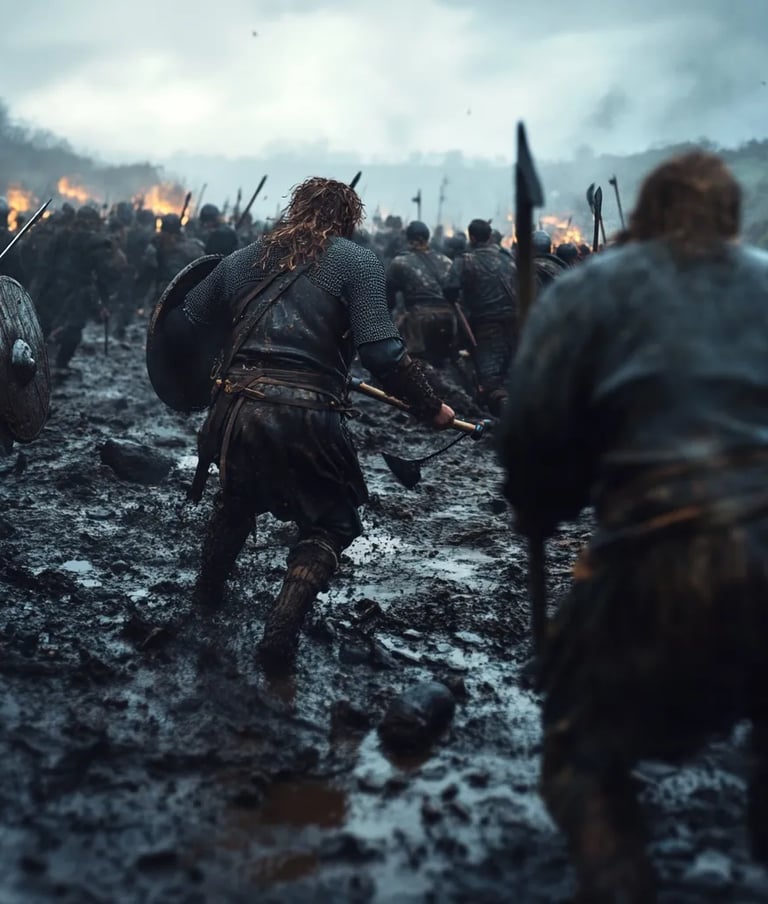



On September 14, 1716, the Boston Light, North America's first lighthouse, was lit for the first time in Boston Harbor. Located on Little Brewster Island, the lighthouse guided ships safely into the harbor and became a vital part of colonial America's maritime infrastructure.


1716 – First Lighthouse in American Colonies Lit at Boston Harbor


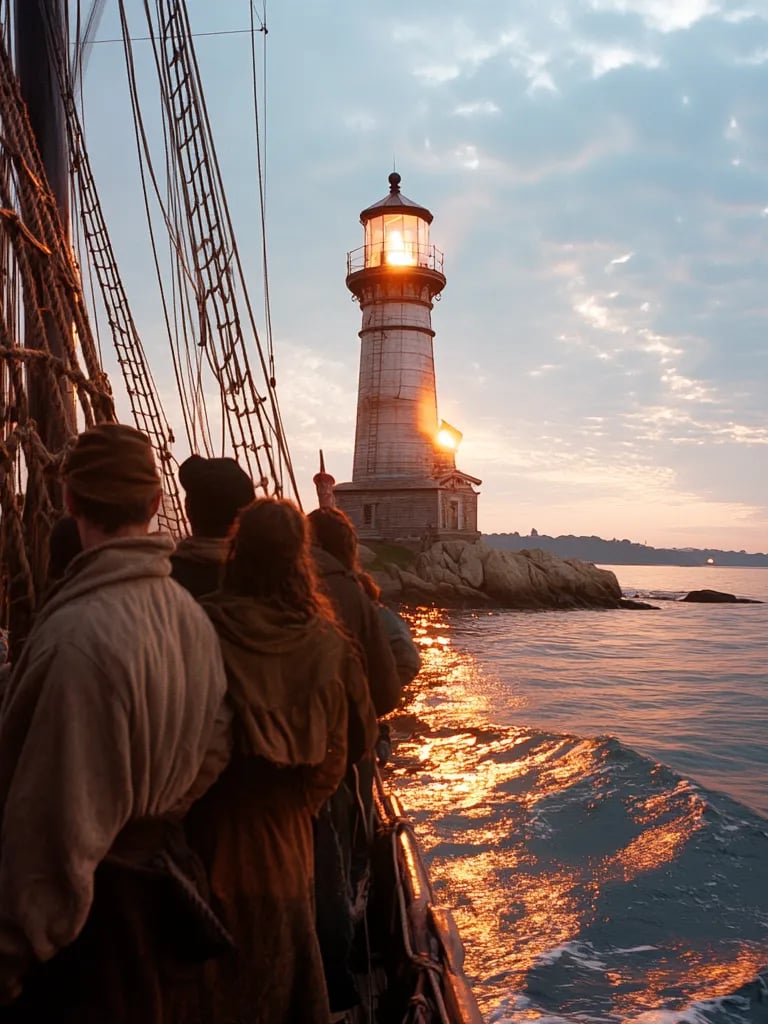

On September 14, 1812, Napoleon Bonaparte and his Grande Armée entered Moscow during the Russian campaign. However, the city had been largely abandoned and was set ablaze soon after their arrival. This event marked a critical point in Napoleon's downfall, as his army would soon face a disastrous retreat from Russia.
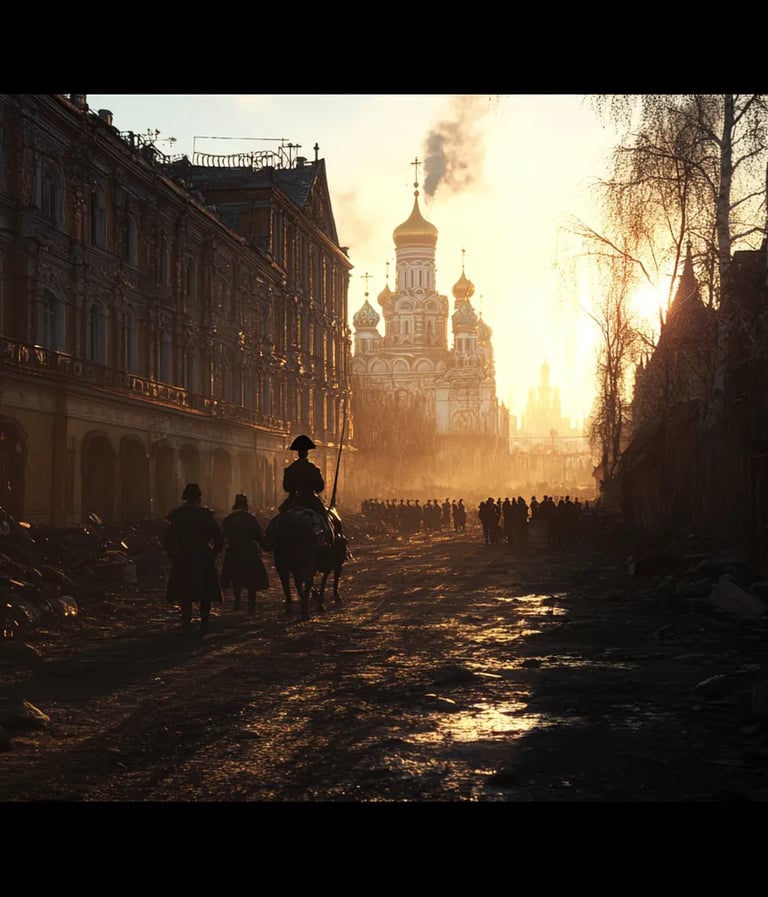

1812 – Napoleon Enters Moscow
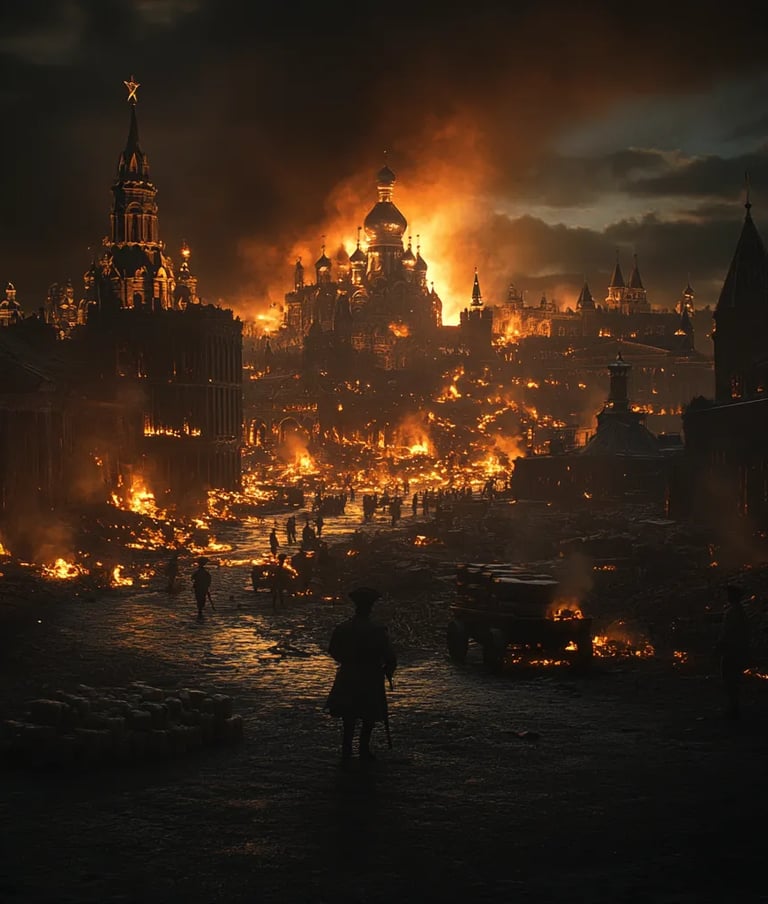

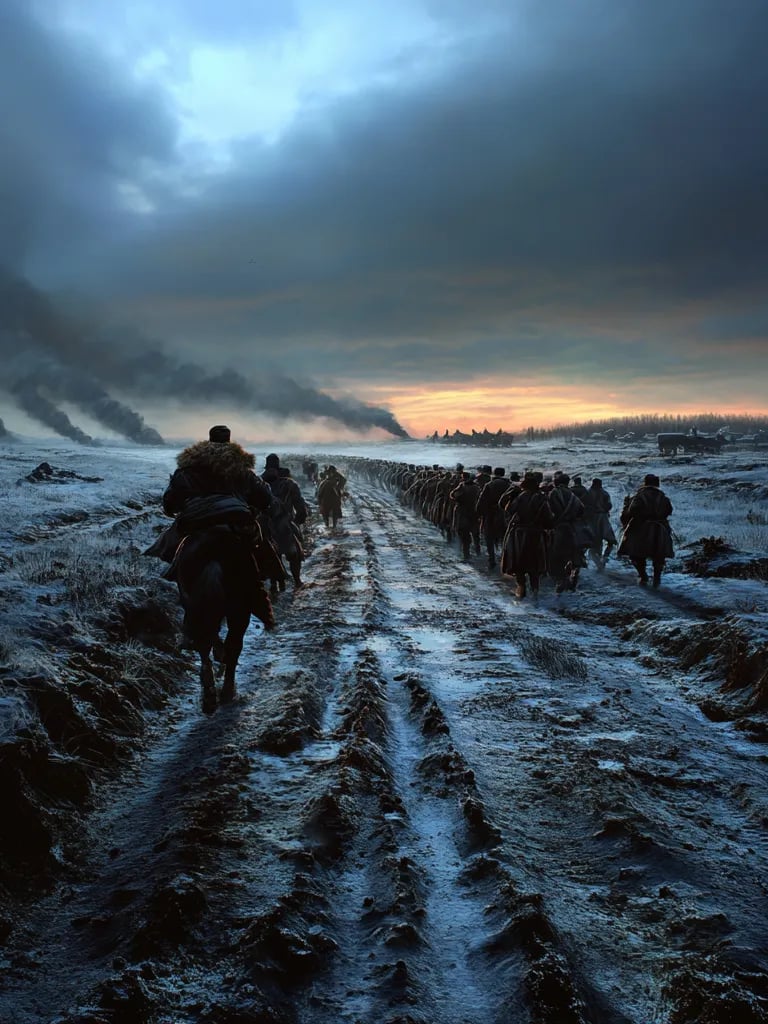

On September 14, 1847, U.S. forces led by General Winfield Scott captured Mexico City during the Mexican-American War. The city's fall marked the end of major military operations, leading to the signing of the Treaty of Guadalupe Hidalgo, which significantly expanded U.S. territory by ceding much of present-day western America.
